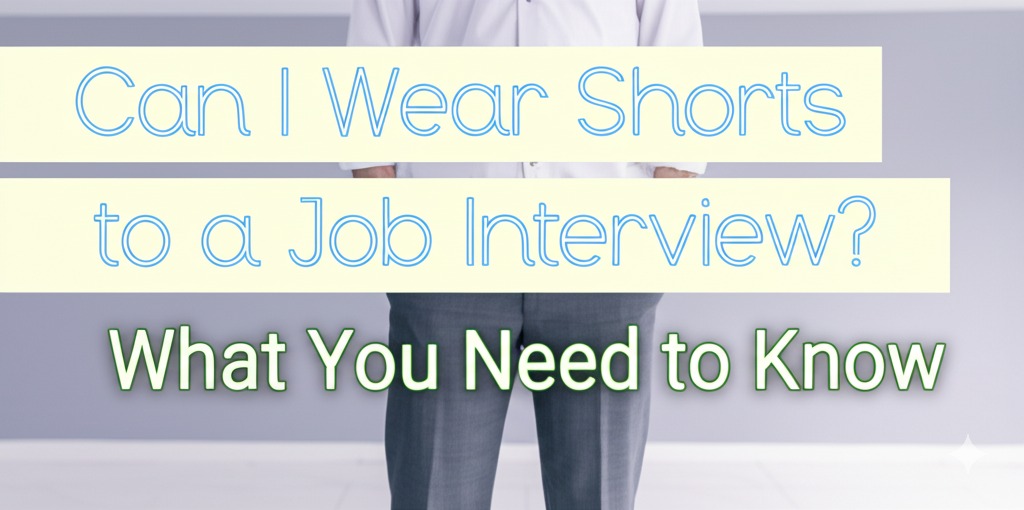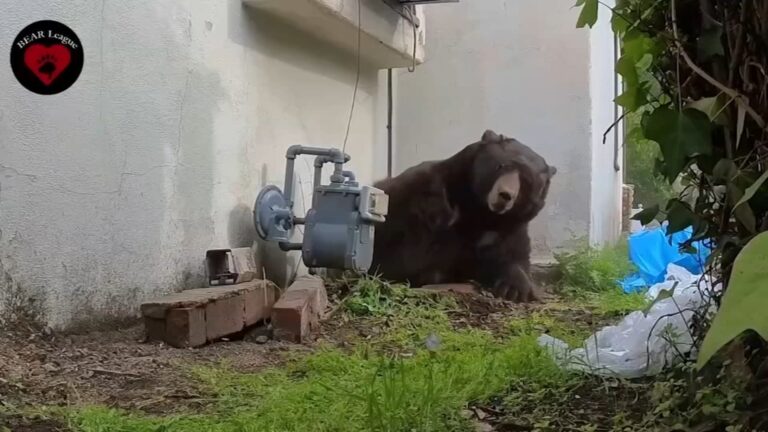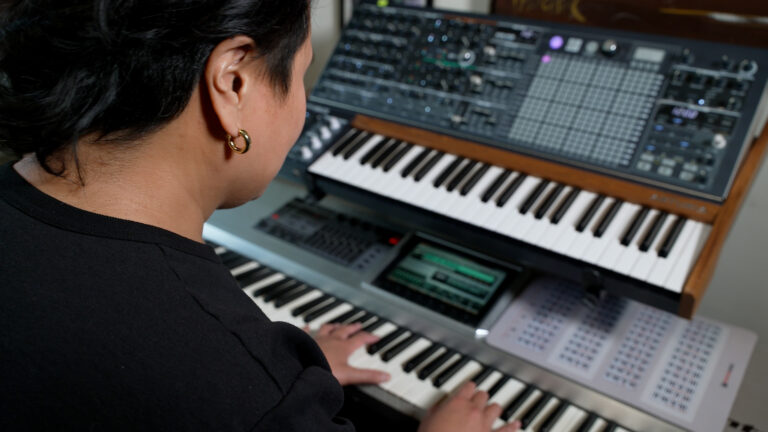
Job interviews are nerve-wracking enough without the added stress of choosing the right outfit. You might be wondering, “Can I wear shorts to a job interview?” After all, they’re comfortable, practical—especially in warmer climates—and a staple in many wardrobes.
The short answer? It depends. While some modern workplaces are embracing casual dress codes, traditional interview norms still favor professionalism. In this article, we’ll break down when it might be acceptable to wear shorts to a job interview—and when it’s best to steer clear.
Why Interview Attire Still Matters
First Impressions Count
Your appearance is one of the first things an interviewer notices. Studies show that people form lasting impressions within the first few seconds of meeting someone. Your clothing signals how seriously you’re taking the opportunity.
Professionalism and Respect
Wearing appropriate attire shows that you respect the company and the interview process. Even if the workplace is casual, dressing too informally at this stage can suggest a lack of awareness or effort.
Situations Where Wearing Shorts Might Be Acceptable
While it’s generally risky, there are a few rare exceptions where shorts could be acceptable in an interview setting:
1. Creative or Ultra-Casual Work Environments
Some startups, design firms, and tech companies embrace a laid-back culture. If you’re interviewing at a place known for its nontraditional atmosphere, and employees commonly wear shorts, you might be able to get away with it—but proceed with caution.
2. Remote or Outdoor Roles
If you’re applying for a job that involves outdoor work (like landscaping, construction, or outdoor guiding), or a remote role where the dress code is minimal, shorts might be more acceptable—especially if the interview is conducted in the same environment.
3. Informal Pre-Interview Meetings
Some companies invite candidates for a coffee chat or casual meet-and-greet before the formal interview. If the tone is explicitly informal, and you’re told to dress casually, tailored shorts might be okay—but it’s still safer to overdress than underdress.
Why You Should Generally Avoid Wearing Shorts
Not the Norm Across Most Industries
In fields like finance, law, healthcare, and education, professionalism is key. Even in tech or media, first interviews often require business casual or business professional attire. Shorts simply don’t fit the mold.
Risk of Seeming Unprepared
Wearing shorts can make it seem like you didn’t do your research or aren’t taking the opportunity seriously. Even if you’re qualified, poor wardrobe choices could negatively impact your chances.
Better to Be Overdressed Than Underdressed
As a rule of thumb: You can always dress down later, but you can’t redo a first impression. Wearing slacks or business casual attire shows you’re polished and adaptable.
What to Wear Instead of Shorts
Here are safer alternatives that are comfortable, professional, and more likely to make a good impression:
- Chinos or tailored trousers – Lightweight options are perfect for warm weather.
- Knee-length skirts or dresses – Stylish and appropriate for professional settings.
- Dress pants with a breathable blouse or button-down shirt
- Blazers or smart outerwear – Optional, but can enhance a polished look.
For Hot Weather Interviews
If you’re interviewing during a heatwave, choose lightweight fabrics like cotton or linen, and opt for lighter colors. You can stay cool without compromising professionalism.
Tips for Choosing the Right Interview Outfit
To make the best decision, consider the following:
✅ Research the Company Culture
Check out the company’s social media or website. Look at how employees dress in photos. If everyone’s in jeans and T-shirts, you can probably skip the full suit—but still avoid shorts.
✅ Ask if You’re Unsure
If you’re given vague dress code guidance like “business casual,” don’t be afraid to email the recruiter and ask for clarification.
✅ Aim for One Step Above the Norm
If the office is casual, aim for business casual. If the office is business casual, opt for business professional. This approach helps you stand out—in a good way.
Conclusion: Shorts and Interviews Don’t Mix (Most of the Time)
So, can you wear shorts to a job interview? Technically, yes—but in almost all cases, you shouldn’t. The risks far outweigh the benefits. Unless you’re certain the company culture supports it or you’re told otherwise, it’s best to choose professional attire that aligns with industry standards.
Dress for the job you want—not for the temperature outside. When in doubt, go the extra mile. It shows initiative, respect, and an understanding of professional etiquette.

Andre Cuevas provides career insights, job search strategies, and professional advice to help individuals navigate the job market and achieve their career goals.






